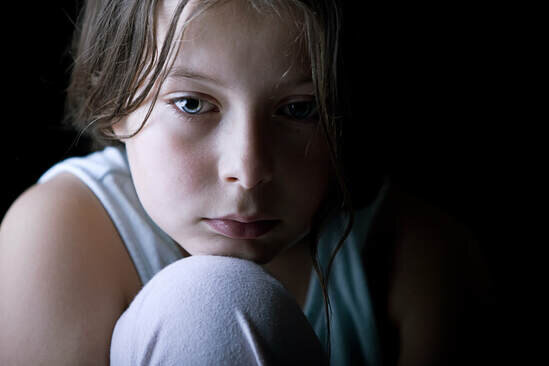Keeping Children in Your Community Safe
April is child abuse prevention awareness month. This month is about increasing awareness around the issue of child abuse and share strategies to support the prevention of child abuse. So many of us have children in our lives that we are ferocious about protecting, but what about those children who need a champion. That is why I’d like to focus this piece on know the signs of child abuse and what you can do as a safe adult to help. It can be scary to suspect a child is being hurt and then wonder what you can do to help this child while staying safe yourself. I will identify what signs to look for, who to call and how report your concerns, and what happens after the call.
Know the Signs!
It can be difficult to know what to look for, so I’ve put a list below of some of the signs that might help you decide whether or not a child might be in danger. Remember, if you have concerns trust your gut. If you are a mandated reporter, remember your training and alert the authorities. If you are a private citizen, you can make a report of your concerns and leave it to Division of Family Services to decide if the child is safe or not. Don’t be afraid to be a champion for a child. You don’t have to alert the parent or guardian of the child and you may call the child abuse hotline anonymously. In the next sections, I will outline how to make the hotline call and what happens afterwards.
The Child:
Shows sudden changes in behavior or school performance
Has not received help for physical or medical problems brought to the parents’ attention
Difficulty concentrating
Is always watchful, as though preparing for something bad to happen
Lacks adult supervision Is overly compliant, passive, or withdrawn
Signs of Physical Abuse: unexplained burns, bites, bruises, broken bones, or black eyes Has fading bruises or other marks noticeable after an absence from school, seems frightened of the parents and protests or cries when it is time to go home, shrinks at the approach of adults, Reports injury by a parent or another adult caregiver
Signs of Sexual Abuse: Has difficulty walking or sitting, suddenly refuses to change for gym or to participate in physical activities, reports nightmares or bedwetting, sexualized behaviors that are not age appropriate
Signs of possible neglect: frequently absent from school, begs or steals food or money,lacks needed medical or dental care, immunizations, or glasses, is consistently dirty and has severe body odor Lacks sufficient clothing for the weather, abuses alcohol or other drugs, states that there is no one at home to provide care
The Parent:
Shows little concern for the child Denies the existence of—or blames the child for—the child’s problems in school or at home
Asks teachers or other caregivers to use harsh physical discipline if the child misbehaves
Sees the child as entirely bad, worthless, or burdensome
Demands a level of physical or academic performance the child cannot achieve
Looks primarily to the child for care, attention, and satisfaction of emotional needs
Signs a parent may be physically abusing their child: Offers conflicting, unconvincing, or no explanation for the child’s injury, describes the child as “evil,” or in some other very negative way, uses harsh physical discipline with the child, has a history of abuse as a child
Where can I report my concerns?
If you have concerns for a child, there is no need to gather evidence or question the parties involved. A private citizen may call the child abuse hotline in their state ran by their local Division of Family Services. It is their job to investigate if there is abuse or neglect. As a citizen or mandated reporter it is our jobs to notify the authorities that there is a concern. If you witness an obvious act of physical abuse and the child is in current danger, you may call 911. If you are noticing signs of danger for the child please call one of the following to make report.
Kansas- Department for Children and Family Services (DCF)
Phone 1-800-922-5330
Missouri- Division of Social Services (DSS)
Phone 1-800-392-3738
What happens now?
Once the report is made it is up to the authorities to determine if child abuse or neglect is occurring. You can make an anonymous report however, if you identify yourself they are able to contact you in the future if they have questions. You will not be identifies to the parties that you make the call about. You probably will never find out what happened after your call, however it is still important that you make the call the keep a child safe. Protecting your confidentiality is important to the department as well during this process, expect to be removed from the proceedings. After a report is made the department will follow up with their own procedures and categorize the issue you report and triage the level of safety. They may keep it on file if it does not meet criteria for child abuse and/or neglect or they may contact the family to investigate further. When you make the call there is no way to predict which course of action they will take. They have rules and procedures to follow; it is safe to trust that they will follow the law and proper procedures.
To summarize, know the signs of abuse and make the call if you are concerned. It is up to the proper authorities to determine if the child is in danger. If they are not, the investigation will be closed. If there is… you’ve just helped a child get safe and a family get the help and services they may have needed!
*source: Child Welfare Information Gateway. Available online at www.childwelfare.gov/pubs/factsheets/signs.cfm Who can help?!
Katrina Stoddard,
LCMFT
MORE BY KATRINA



